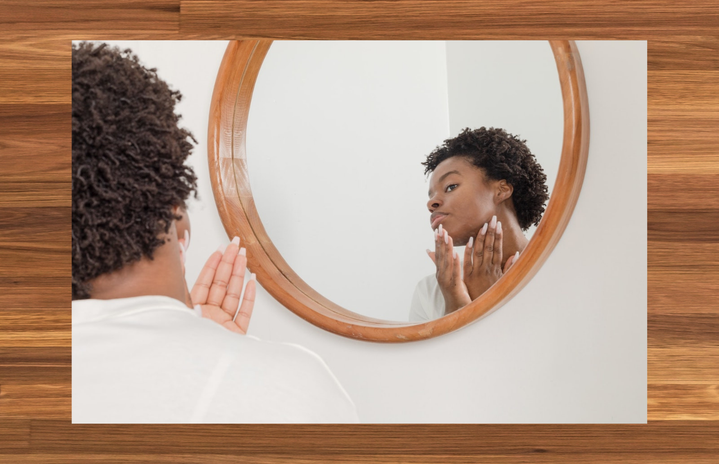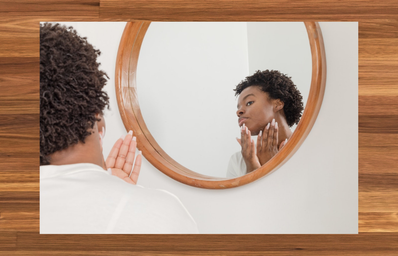There is this ongoing trend on social media that advocates for setting everyone’s individual appearances as the beautiful standard and de-stigmatizes the commercialised universal look of being beautiful: big round eyes, thick lips, clear skin, a curvaceous or lean body.
This trend created a space for spreading positivity and places less pressure on people to conform to a certain “beauty standard.” The phrase “You’re beautiful the way you are” has taken over the beauty society and sets a new physical standard for appearances.
However, did this trend create a new obsession with feeling beautiful? Do you have to be associated with the word ‘beautiful’ to feel confident about being physically attractive?
While this trend has significantly reduced the pressure of conforming to a certain beauty standard, has the perception of glorifying beauty been addressed or destigmatized? Did the word ‘beautiful’ align with the experience of every individual, or has it overshadowed the ordeal that some have gone through? In my case, a discussion inspired by @cheesusus‘s video leads me to think about how the emphasis on feeling beautiful has affected my journey with acne.
Overlooking the actual experience
For me, acne has been a constant worry since puberty. I would always break out from stress, unbalanced hormones, products used, and intolerance towards certain foods. It was annoying at times and sometimes the inflammatory acne causes me pain.
If I was told that I was beautiful, while feeling the constant ache of the inflamed acne against my face, I would feel uncomfortable despite the good intentions. Instead of feeling good about myself, I would have felt pressured to feel beautiful and confident despite the bitter experiences that I had– when someone goes through something uncomfortable or painful, being told that there is something ‘beautiful’ to be found in their experience, does not necessarily help them out of it.
A Neutral Outlook
Here, @cheesusus brought up an important point. Instead of setting up the idea of ‘feeling beautiful’ as the new form of acceptance for physical appearances, why not normalise a neutral outlook on it? If someone has acne, it’s okay to not say anything about it (be it a good or bad comment). Instead, it is more important to understand that it is a common skin condition experienced by many with varying degrees of seriousness.
If acne was seen as something more common, there would have been more empathy (note: not sympathy) going around, and less need to overcompensate the process of de-stigmatizing the standard of beauty. There wouldn’t be a reason to be mean towards someone who has an acne condition or overdo it by saying “You’re so beautiful with acne! You look amazing and you should feel amazing.” If we could just be more observant about reality (for example, when people have acne, even when they wear makeup, the bumps are still there) than what is shown and filtered in social media, we’ll begin to see that acne is, in fact, just a human experience that doesn’t need to be ‘beautiful’.


